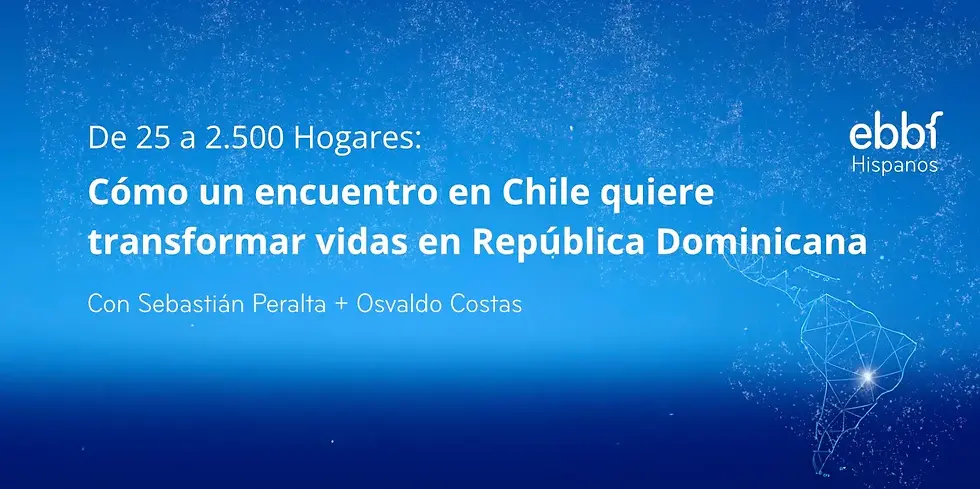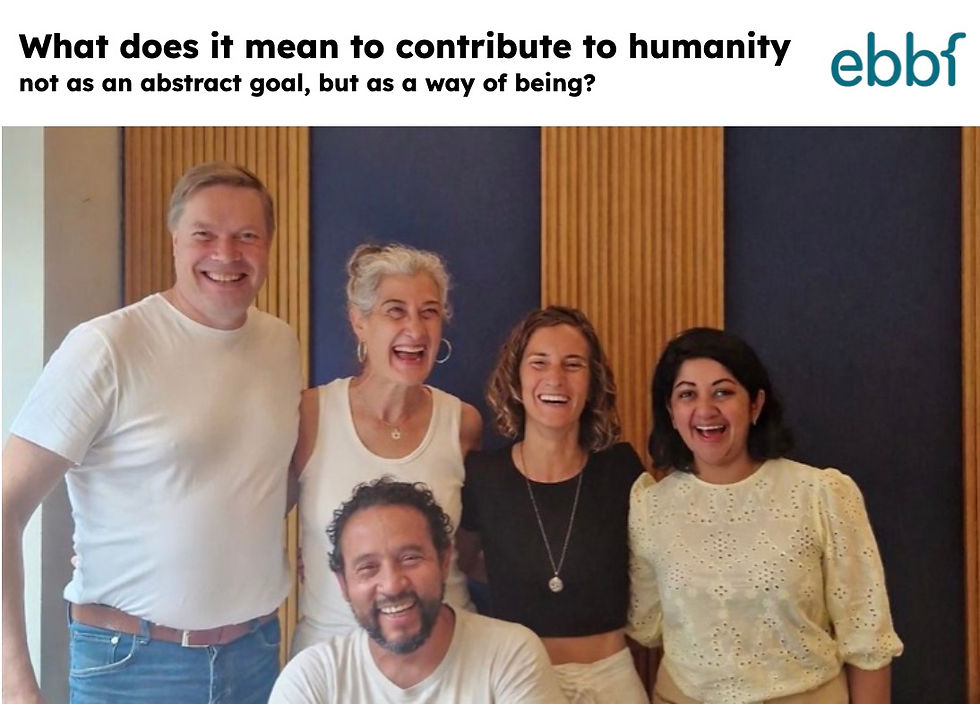Truth limps while falsehood flies
- Jul 12, 2018
- 2 min read

Augusto Lopez-Claros
ebbf member Augusto Lopez-Claros recently posted this article, so timely and interesting that we decided to post an extract from it:
“We live in an age in which truth and falsehood sometimes appear indistinguishable and can be disseminated with the speed of light.[1] They can also be amplified a million-fold in the global echo chamber created by the Internet and the use of social media. This is at once a blessing and a curse: a blessing when the information flow carries with it knowledge with the capacity to improve people’s lives, uplift human spirits, convey truth and beauty; a curse when it is used to spread falsehoods, to fan hate and division, or to engage in personal vendettas.
Depending on which of these tendencies prevails, we will either live in a world of facts where governments, the business community, and civil society might interact with each other on the basis of an agreed body of knowledge and truth. Or we will slide into a world of fiction, an alternative reality of make-believe, where information technologies are misused for nefarious ends, whether to boost the repressive inclinations of the state in many corners of the world or simply and more prosaically to spread lies about a colleague, a neighbor, an estranged spouse.
Indeed, the stakes go beyond the purely personal. It matters for the future of democracy which we choose. For the basis of democracy is surely legitimacy which, in turn, is built on a foundation of transparency, accountability, and the rule of law, all of which rest on the bedrock respect for facts and truth. These are realities we must face if we do not wish to be swept up in a fog of falsehoods and find ourselves living in a world where the search for justice and the pursuit of truth are regarded, to paraphrase Jonathan Schell, as mirages that appeal to the well-meaning, delusions of those who have refused to face the “harsh realities” of contemporary life. And, of course, it matters for human prosperity as well, the fight against poverty and many of the noble aspirations which motivate the vast majority of my colleagues at the World Bank and that fundamentally have to do with “equipping people and institutions with the means through which they can achieve the real purpose of development: that is, laying foundations for a new social order that can cultivate the limitless potentialities latent in human consciousness.”
You van read the full article and more from Augusto on his “the ends and the means to development” blog here at this link







Comments